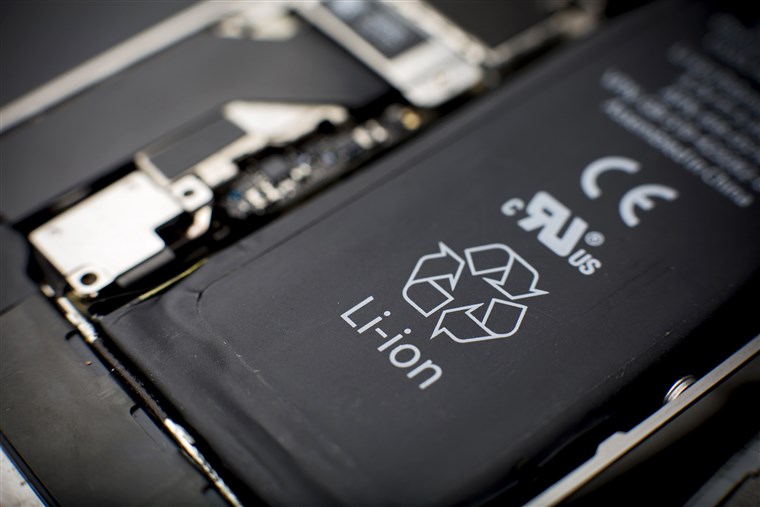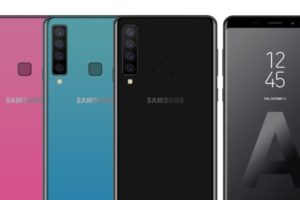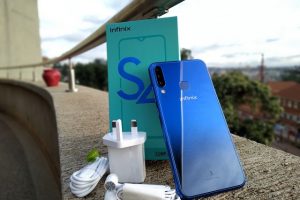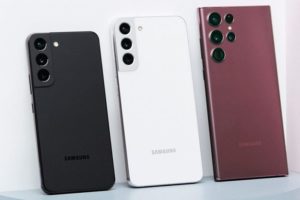Lithium-ion batteries are incredibly popular these days. You can find them not just on smartphones but on laptops, PDAs, cars, and iPods. Most smartphone brands including Samsung, iPhone, Infinix, Nokia use lithium-ion batteries. I’m almost certain that the smartphone you’re using to read this right now is powered by a lithium-ion battery.
Why Lithium-Ion Batteries?
Durability
When you compare them with other battery technologies, the lithium-ion batteries charge faster, last longer, and have a higher power density for more battery life in a lighter package.
Stores More Power
A lithium-ion battery has the ability to store up to 150 watt-hours of electricity into 1 kilogram of battery. This is much more than the nickel-metal hydride battery, or any other kind of battery technology can store. While the nickel-metal battery stores about 60 to 70 watt-hours per kilogram, a lead-acid battery (which you can find in cars) can only store only 25 watt-hours per kilogram.
Lighter Batteries
Though not the lightest, lithium-ion batteries are generally much lighter than most types of batteries of the same capability. And OEM’S prefer them because they make smartphones very light.
The electrodes of a Li-Ion battery are made of lightweight lithium and carbon which makes the batteries very light. Lithium is a highly reactive element, which makes it possible to store a lot of energy in its atomic bonds.
Makes Charging Easier
The Lithium-ion battery makes charging a device easier. This means you can charge your smartphone with lithium-ion batteries whenever you want. There’s no need to wait for it to discharge from 100% before recharging, your device could remain plugged to electricity for a long period without side effects. Li-ion batteries can handle hundreds of charge/discharge cycles and still maintain the same long-lasting quality.
Read more: How to use wireless charging on phones that don’t support it
Low Maintenance Cost
Lithium-ion is a low maintenance battery. When disposed of, the battery cells cause little or no harm. To prolong battery life, no memory, and no scheduled cycling is required. Also, the self-discharge for lithium-ion batteries is less than half compared to nickel-cadmium, making Li-ion batteries perfect for devices – its discharge rate is just 5% in the first four hours after being charged fully. But the discharge rate falls to around 2% per month
Lithium-Ion Batteries: Pitfalls
Even though lithium-ion batteries are increasingly popular, they also have their downside. They have a reputation for exploding—they’ve caused fires in laptops, in phones (mostly Samsung), and even in the electrical system of a Boeing 787 Dreamliner jumbo jet. The simple reason a lithium-ion battery might explode is that they contain a lot of energy in a compact package.
A Lithium-ion battery has an energy density of up to around 150-watt hours per kilogram. This is twice the size of any other rechargeable battery type – a fresh alkaline battery or a NiCad battery.
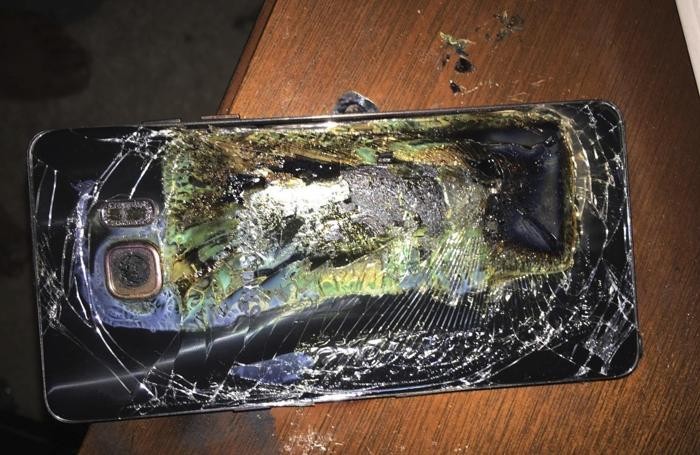
Aging has been another major concern with most Li-ion batteries. These batteries start to deteriorate gradually, after they leave the factory, whether the battery is in use or not. Also, Li-Ion batteries frequently fail between the third and fifth year of production. Another issue this battery type faces is transportation. Many airlines now limit the number of lithium-ion batteries they carry. Even those carried are protected against short circuits.
Read more: Why the Nigerian Aviation Authority Banned the MacBook Pro Retina 15 on All Flights
Conclusion
OEM’s decide what kind of battery a smartphone should come with; the end-users don’t get to choose. But it is important to know why most popular devices come with Lithium-ion batteries. Hope this article was helpful. Drop a comment if you have any questions.


